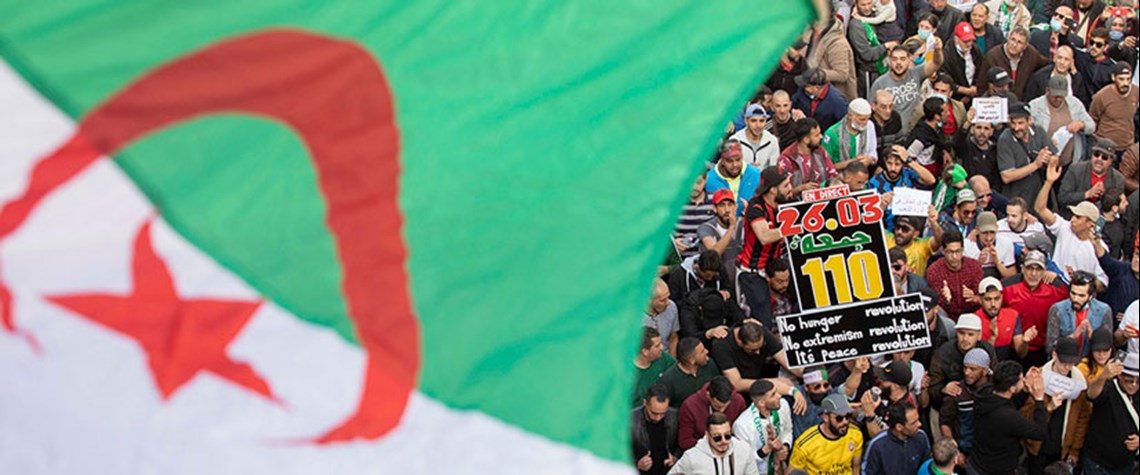Algerian upstream remains not for the fainthearted
Even after the hydrocarbons law passes, would-be partners will not have troubles to seek
It has been almost a year-and-a-half since Algeria’s parliament passed its new hydrocarbons law, which was drafted to encourage investment into the upstream sector. But the appetite for new investment will be tested only after the June 2021 general elections, when Algeria’s new legislature is expected to approve the almost-complete implementation texts for the new legislation. Algerian NOC Sonatrach is unlikely to benefit from a strong surge of new private sector investment in the second half of 2021. This is partly a result of the oil price crash of 2020, which forced IOCs to cut spending and high-grade acreage globally. But it is also because Algeria’s new hydrocarbons law is not a game-ch

Also in this section
17 February 2026
The 25th WPC Energy Congress, taking place in Riyadh, Saudi Arabia from 26–30 April 2026, will bring together leaders from the political, industrial, financial and technology sectors under the unifying theme “Pathways to an Energy Future for All”
17 February 2026
Siemens Energy has been active in the Kingdom for nearly a century, evolving over that time from a project-based foreign supplier to a locally operating multi-national company with its own domestic supply chain and workforce
17 February 2026
Eni’s chief operating officer for global natural resources, Guido Brusco, takes stock of the company’s key achievements over the past year, and what differentiates its strategy from those of its peers in the LNG sector and beyond
16 February 2026
As the third wave of global LNG arrives, Wood Mackenzie’s director for Europe gas and LNG, Tom Marzec-Manser, discusses with Petroleum Economist the outlook for Europe’s gas market in 2026







